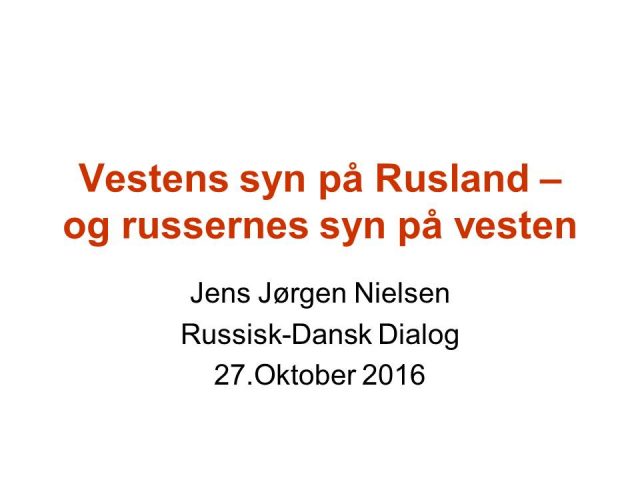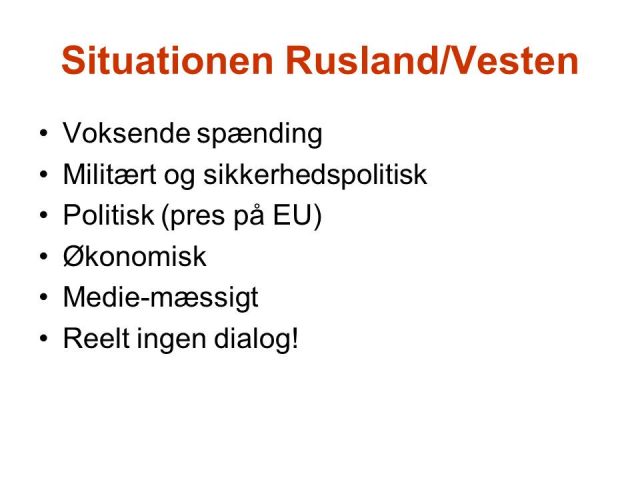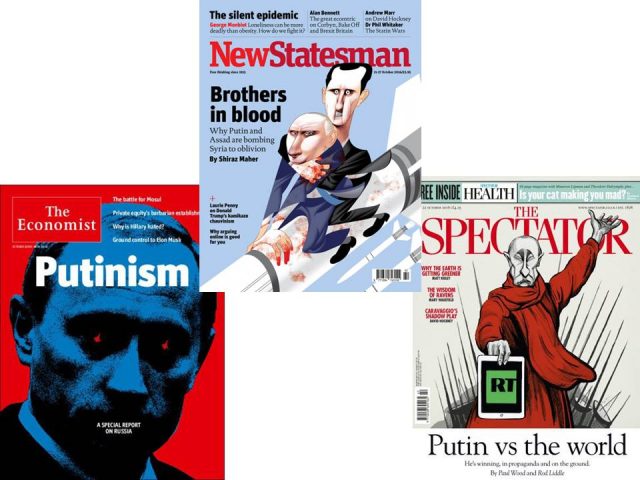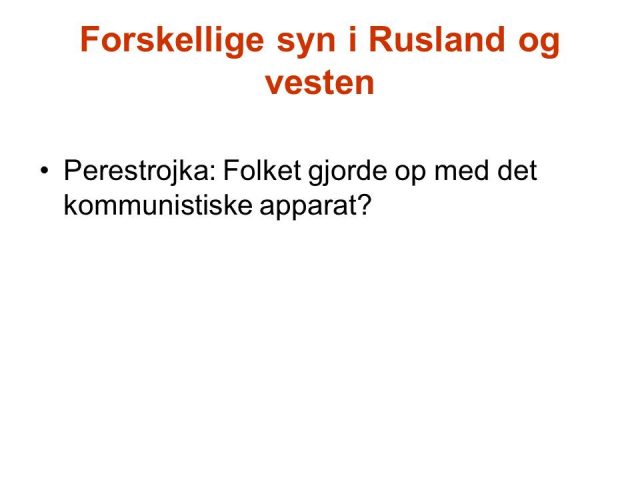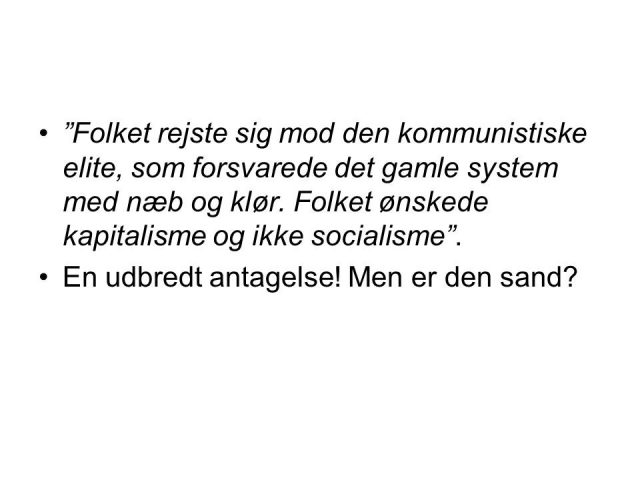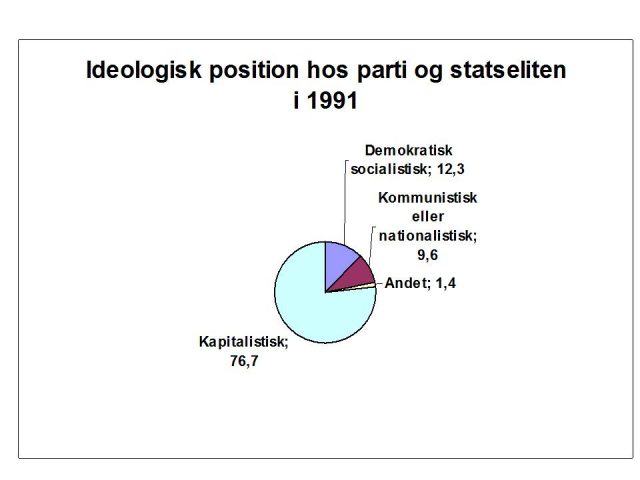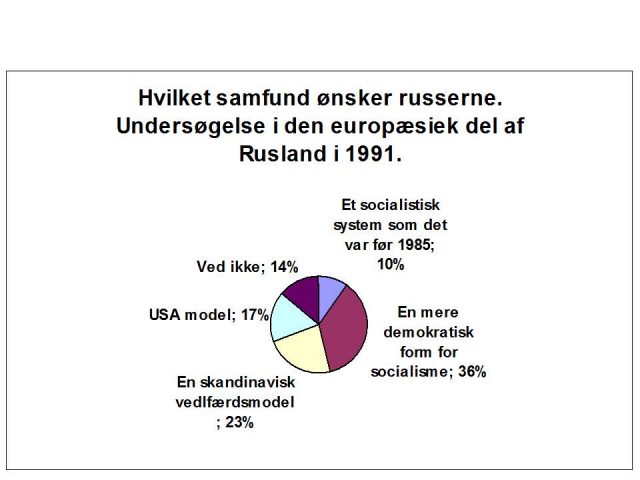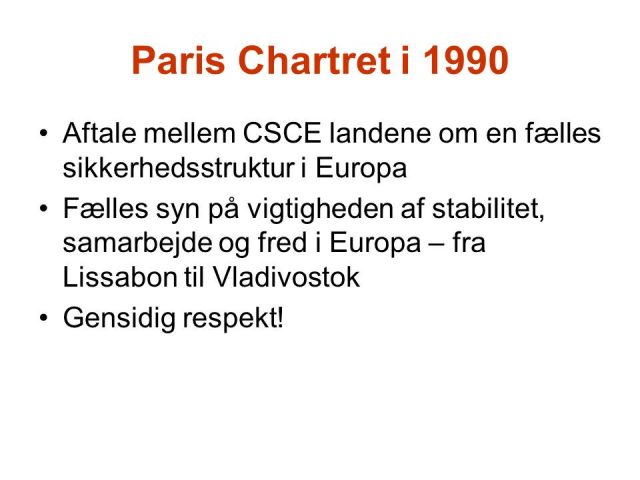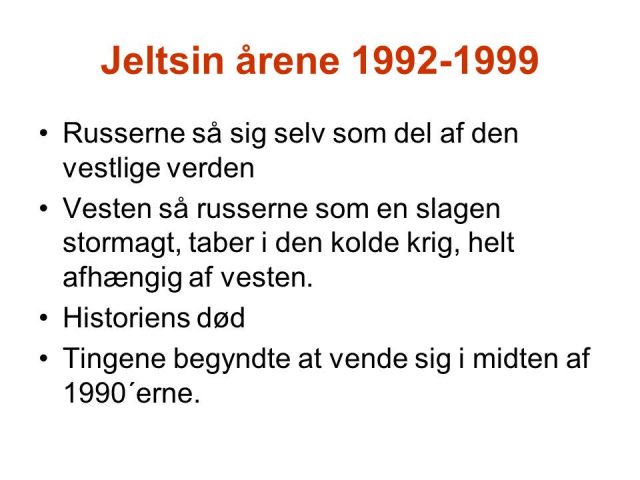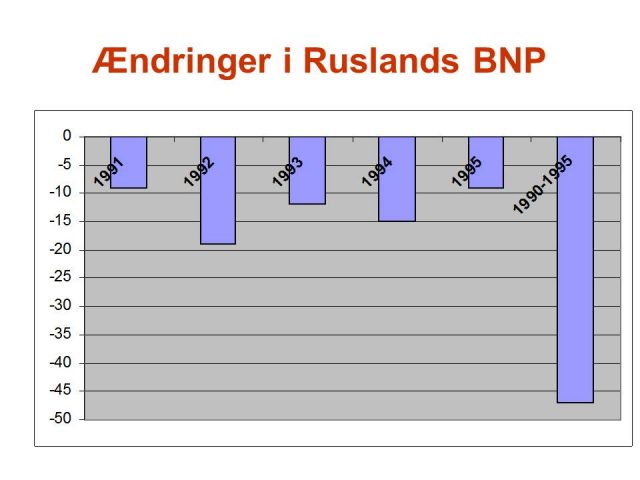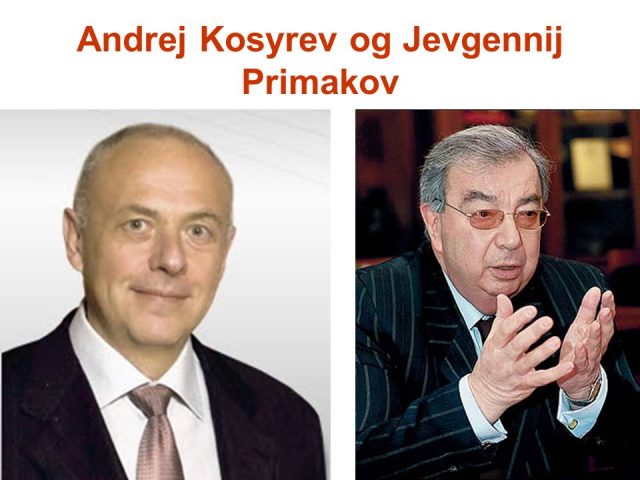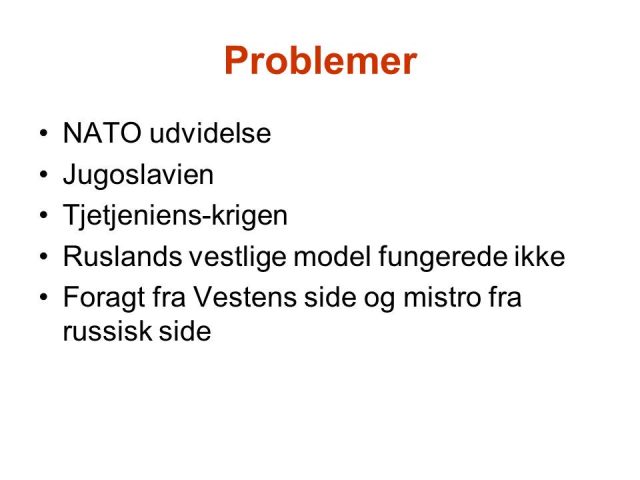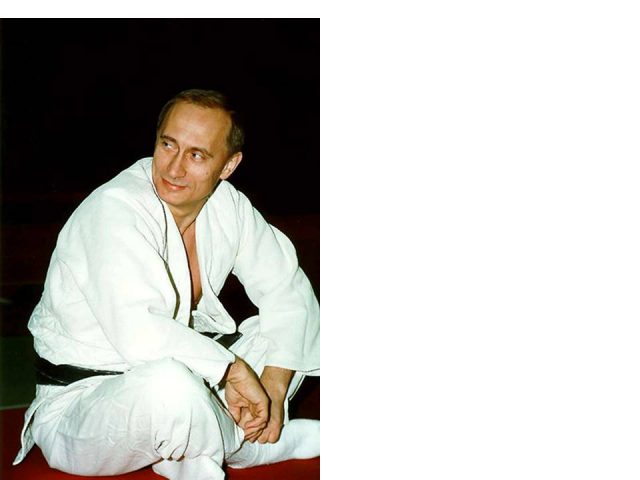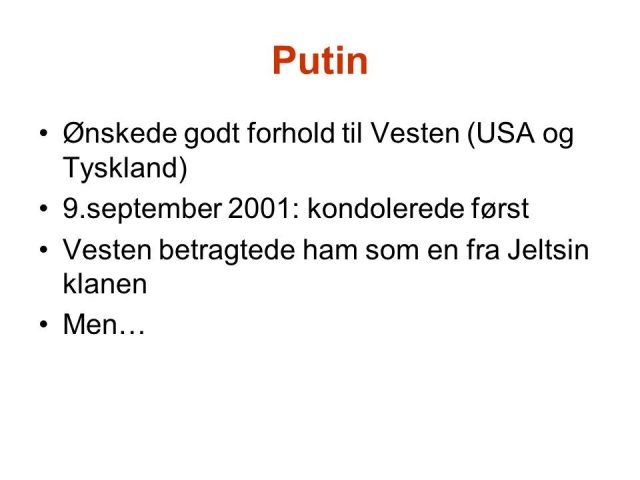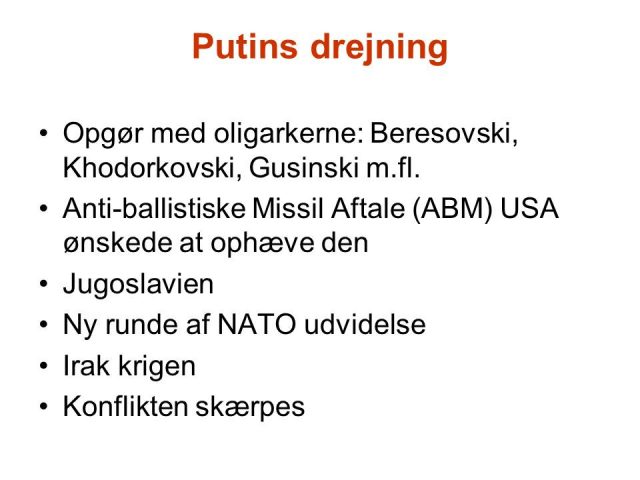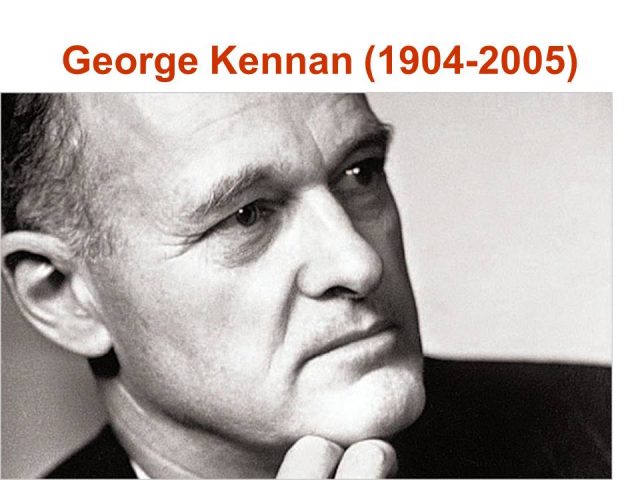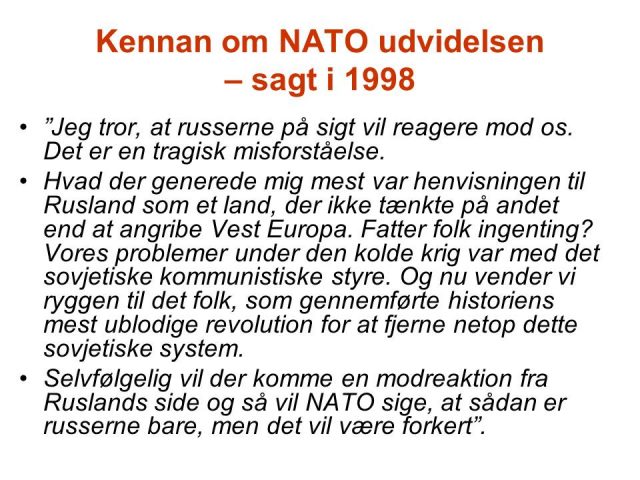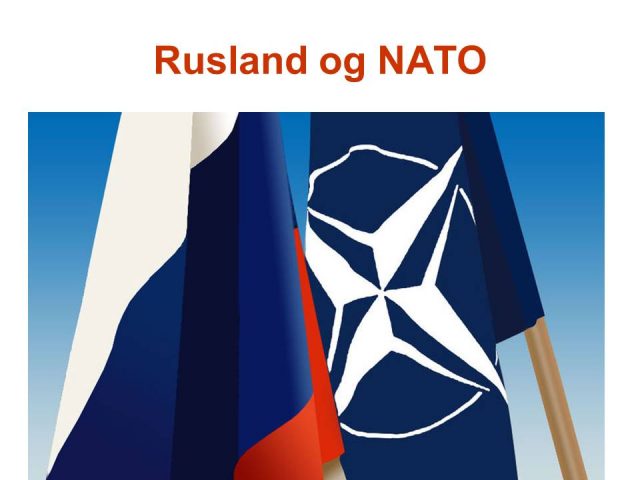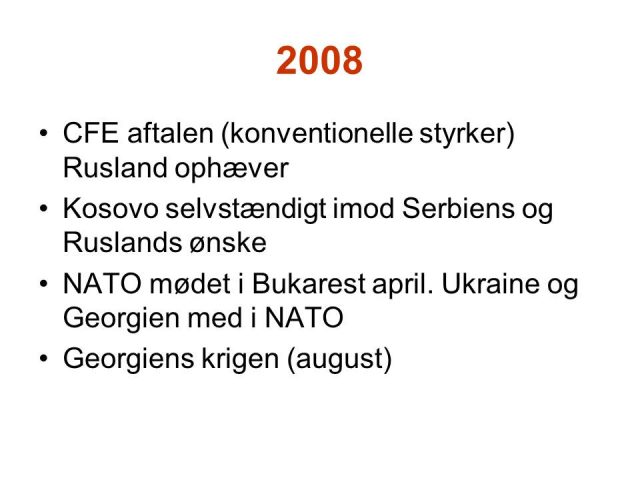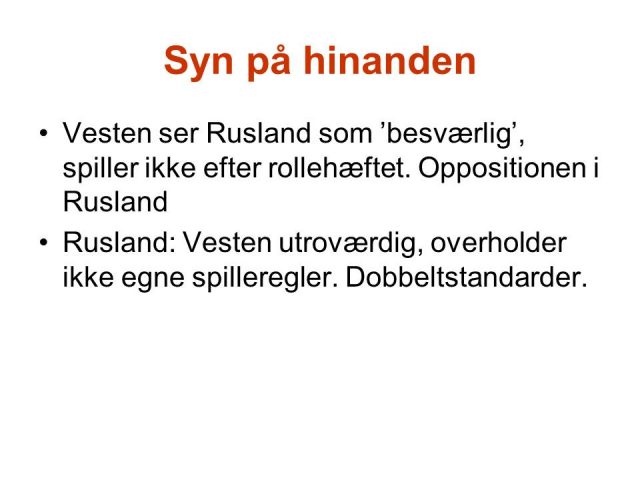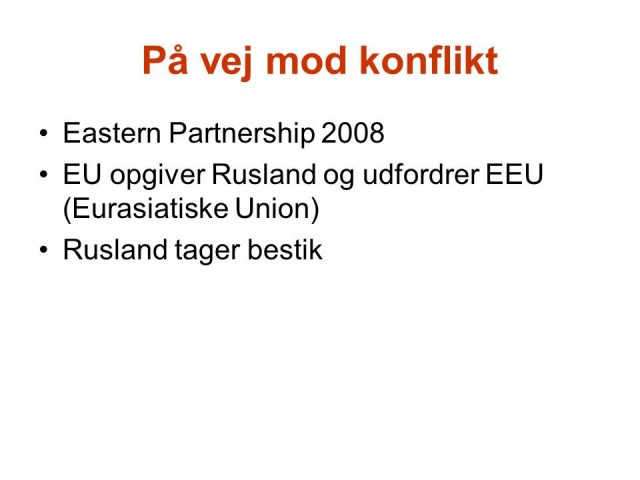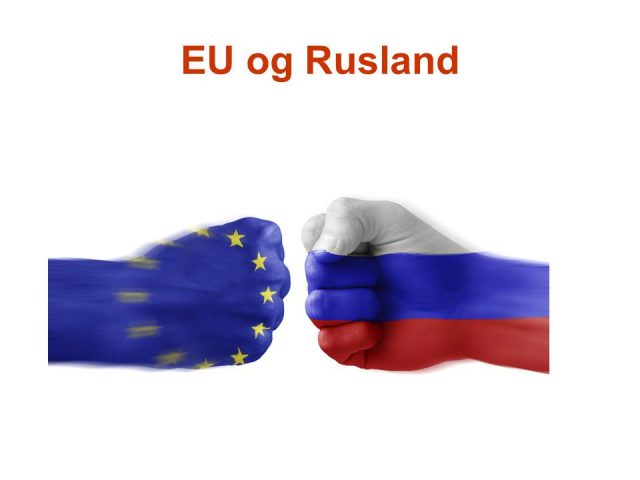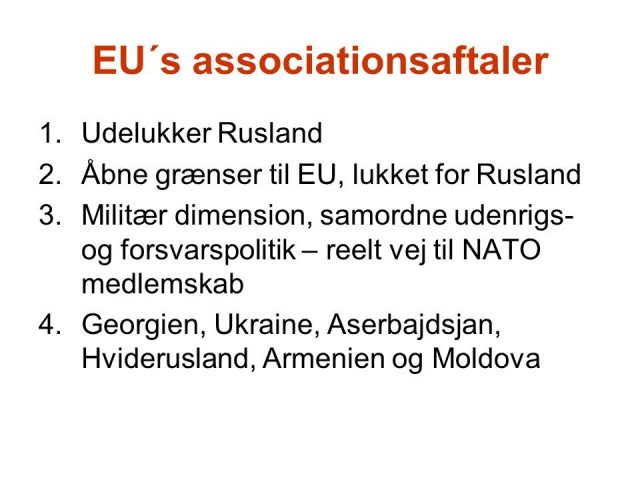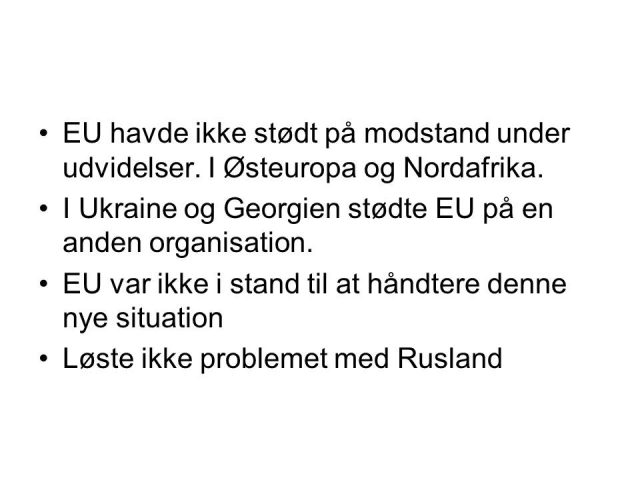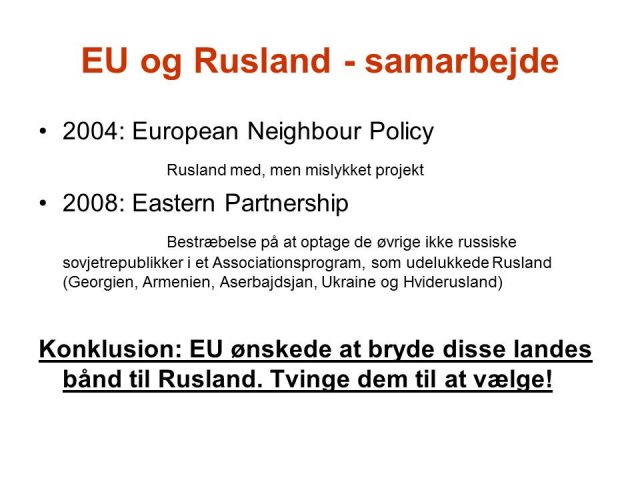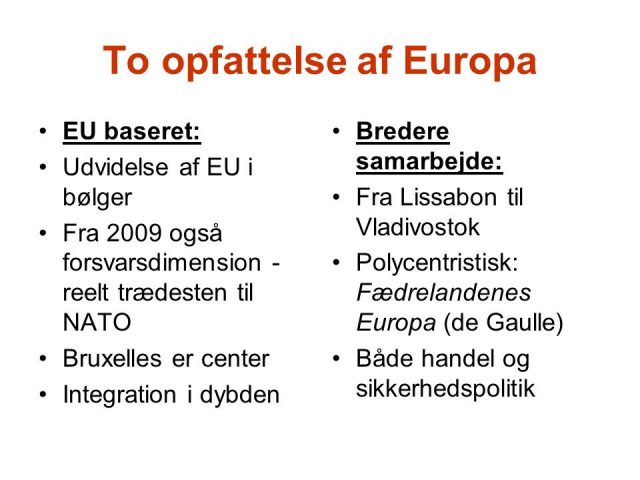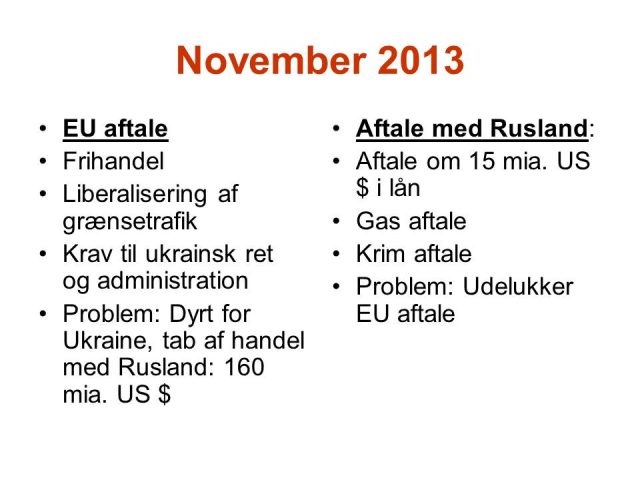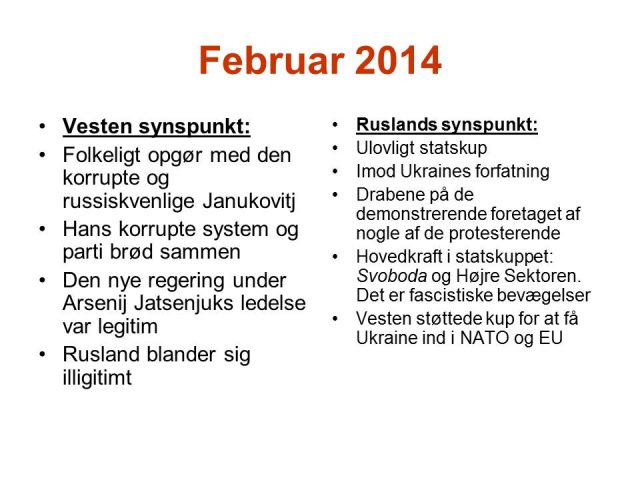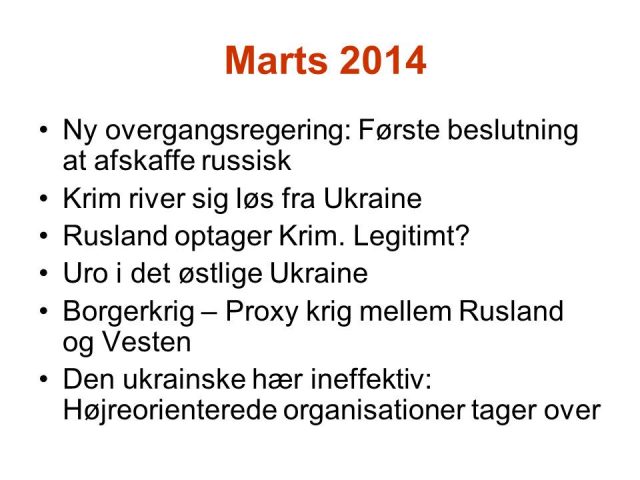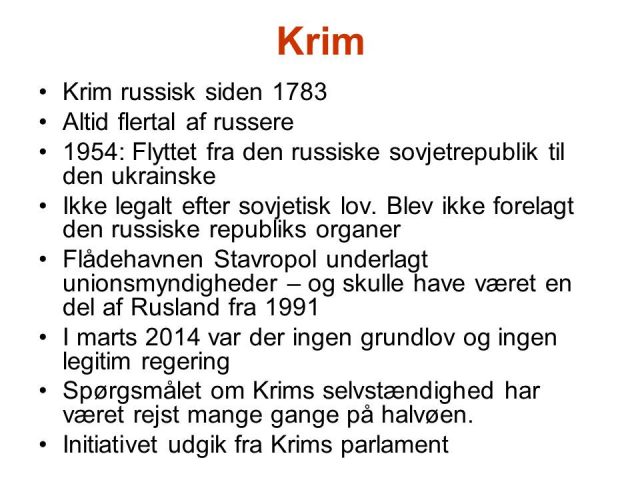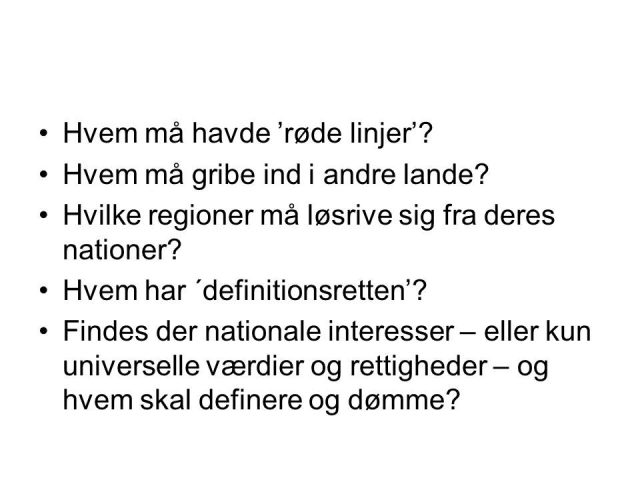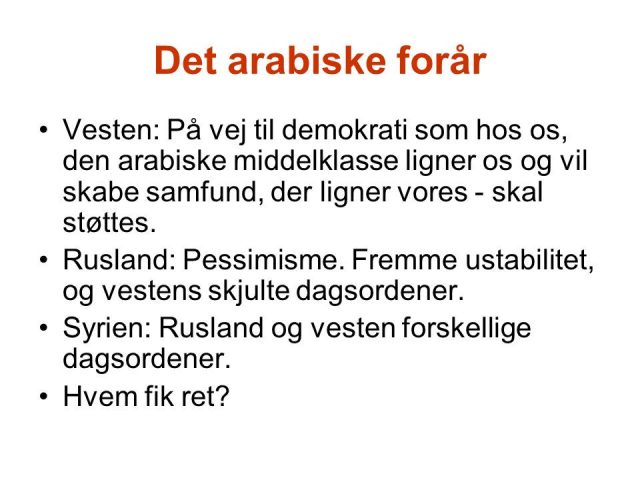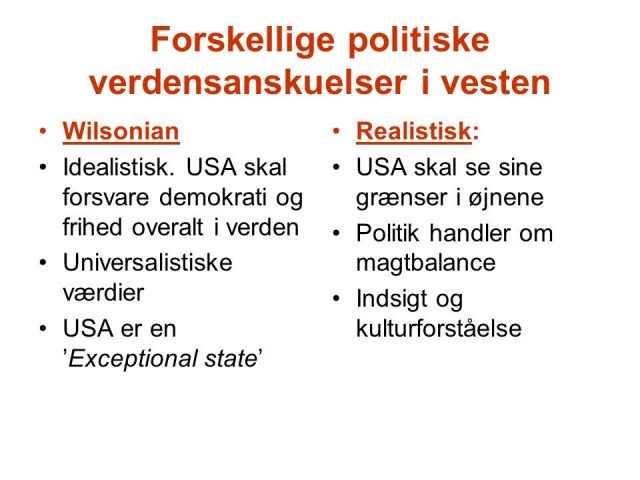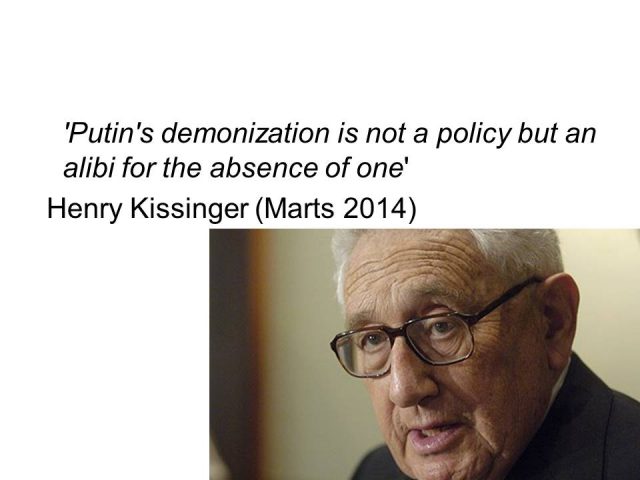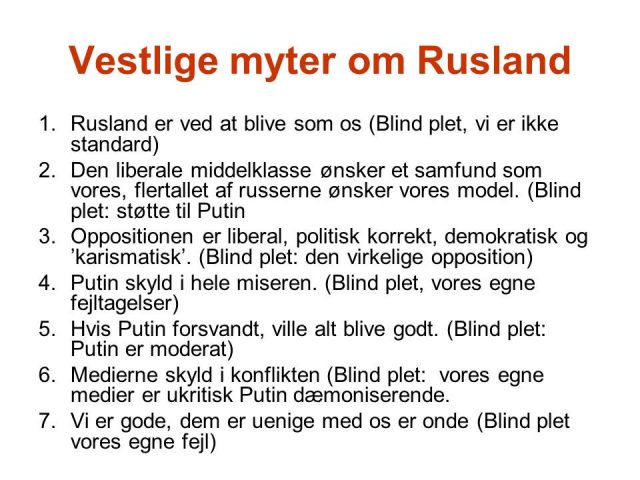Matthew Ogden: Jeg tror, vi helt bestemt kan sige, at vi befinder os i en meget farlig, men afgørende periode i vores historie lige nu; både nationalt og internationalt. Tiden efter valget, der finder sted næste tirsdag, vil fordre et meget fattet, klart og sobert lederskab, som kun LaRouchePAC kan yde. Jeg tror, at vi nu ser den rolle, vi har kunnet skabe; og faktum er, at, umiddelbart efter valget, må vi have en hastedebat i USA’s Kongres med en omgående vedtagelse af Glass-Steagall, som det første hasteskridt. Det afgørende, første skridt i et helt økonomisk genrejsningsprogram, som må indføres i USA; og der må gribes til afgørende handling for at forhindre præsident Obama i at lancere Tredje Verdenskrig i de sidste uger af hans embedstid.
Tidligere sagde Diane [Sare] – jeg citerer kort og lader hende selv sige lidt mere; men, under en diskussion med hr. og fr. LaRouche kom et meget vigtigt punkt frem. Der er en masse såkaldt »analyse« og propaganda derude i nyhedsmedierne og andetsteds, der siger, at det amerikanske folk er mere splittet end nogensinde tidligere som nation, osv., osv. Men sandheden er, at det amerikanske folk faktisk er mere forenet end nogensinde før, omkring disse to afgørende hovedspørgsmål: den omgående vedtagelse af Glass-Steagall og nedlukning af Wall Street; og forhindring af atomkrig, at forhindre, at Obama starter Tredje Verdenskrig. Dette skyldes naturligvis ikke mindst LaRouchePAC’s vedvarende indsats i løbet af de seneste år; men hovedsagligt koncentreret i de seneste måneder med det, vi har kunnet katalysere fra vores base i New York City, i Manhattan.
Lad mig blot nævne to ting, som jeg mener, demonstrerer denne pointe meget klart. Der var en ny opinionsundersøgelse, der blev offentliggjort i begyndelsen af ugen, og som sagde, at, i nøgle-kampstaterne, må-vinde-staterne – Ohio, Michigan, North Carolina og Florida, og et par andre stater – sagde 70 % af de sandsynlige vælgere, der blev spurgt, at Glass-Steagall, med navns nævnelse, var en nødvendighed. De var tilhængere af Glass-Steagall. 68 % sagde, at de var tilhængere af at bryde Wall Street-bankerne op. Dernæst sagde en anden opinionsundersøgelse, der blev offentliggjort tidligere på ugen – foretaget af Marylands Universitet – at 2/3 af amerikanerne, inklusive 65 % af Demokraterne, ønsker mere samarbejde mellem USA og Rusland; især mht. at løse krisen i Syrien. Det taler netop om den pointe, som du, Diane, fastslog. Men hvad der fortsat er klart, er, at det afgørende program fortsat er LaRouches Fire Økonomiske Love; baseret direkte på de principper, som Alexander Hamilton brugte til at opbygge USA. Vi kan inspireres og modellere det, vi må gøre i dette land i løbet af de kommende uger og måneder, ud fra det, der finder sted med et nyt paradigme, der foregår i hele verden i andre lande, inklusive i Kina. Vi har eksempler, som Jason Ross vil gennemgå; meget solide, konkrete eksempler på, hvad man har gjort i Egypten for at bygge den nye Suezkanal, og i andre lande. Det vil Jason Ross fremlægge lidt om senere i udsendelsen; baseret på en præsentation for det Amerikanske Selskab af Civilingeniørers afdeling i New York City for et par uger siden.s
Lad os begynde diskussion herfra.
Engelsk udskrift af hele webcastet, er dagens leder fra LaRouchePAC:
WE’VE GOT TO REVIVE A TRUE UNITED STATES.
THERE'S NEVER BEEN A GREATER MOMENT
TO DEVELOP LAROUCHE'S IDEAS.
International Webcast, Nov. 4, 2016
MATTHEW OGDEN: Good evening; it's November 4, 2016. My
name is Matthew Ogden; and you're joining us for our weekly
Friday evening broadcast here from larouchepac.com. I'm joined
in the studio tonight by Jason Ross from the LaRouche PAC Science
Team; and via video, by two members of the LaRouche PAC Policy
Committee: Diane Sare, joining us from New York City; and Michael
Steger, joining us from San Francisco, California.
Now, I think it can be said very definitively that we are in
an extremely dangerous but decisive period in our history right
now; both nationally and internationally. The aftermath of this
election coming up next Tuesday is going to require very calm,
clear, and sober leadership which only LaRouche PAC can provide.
I think what we're seeing right now is the role that we've been
able to leverage; and the fact is, that immediately following
this election, an emergency debate will have to take place inside
the United States Congress with a vote scheduled promptly on
Glass-Steagall as the emergency first step. The critical first
step in an entire recovery program that must be instituted in the
United States; and decisive action must be taken to prevent
President Obama from launching World War III in the remaining
weeks that he has in office.
Now, Diane said earlier — which I just want to cite and let
her say a little bit more on; but during a discussion we had with
Mr. and Mrs. LaRouche, a very important point [came up]. There's
a lot of so-called "analysis" and propaganda out there in the
news media and elsewhere, saying that the American people are
more divided than they've ever been as a nation, etc., etc. But
in truth, in fact, the American people are more united than
perhaps they've ever been around these two key critical issues:
the immediate passage of Glass-Steagall, shutting down Wall
Street; and preventing thermonuclear war, preventing Obama from
starting World War III. This is obviously due in no small part
to the consistent efforts of LaRouche PAC over the recent number
of years; but focussed mainly over the recent number of months
with what we've been able to catalyze from our base in New York
City, in Manhattan.
Let me just cite two quick things that I think demonstrate
this point very clearly. There was a new poll that came out at
the beginning of this week that said that in the key battleground
states, the must-win states — Ohio, Michigan, North Carolina,
Florida, a couple of other states — 70% of the likely voters
polled said that Glass-Steagall by name was a necessity. They
were in support of Glass-Steagall. 68% said that they were in
support of breaking up the Wall Street banks. Then another poll
that came out earlier this week — this one done by the
University of Maryland — said that 2/3 of Americans, including
65% of Democrats, want more cooperation between the United States
and Russia; particularly having to do with resolving the crisis
in Syria. So, I think that speaks exactly to the point that
Diane, you were making. But what remains clear, is the critical
program remains LaRouche's Four Economic Laws; based directly on
the principles that Alexander Hamilton used to build the United
States. We can be inspired and model what we have to do in this
country over the coming weeks and months off of what is happening
with a new paradigm happening around the world in other
countries, including China. We have examples that Jason Ross is
going to go through; very solid, concrete examples of what's been
done in Egypt to build the new Suez Canal, and others. So, Jason
will present some of that a little bit later in the show; based
off of a presentation that he made to the American Society of
Civil Engineers chapter in New York City a couple of weeks back.
But let me just leave it at that; and I think we can start
the discussion from there.
DIANE SARE: Well, I was — as often I am — was inspired by
the local morning news; which both the local New Jersey paper I
get and the {New York Times} had these articles as Matt said
about how divided the population was. The truth of the matter
is, the population is not divided. People are divided over which
candidate they hate more; and people have enormous hatred for
Hillary Clinton and Donald Trump. In that regard, I just have to
say that Hillary Clinton — who is the continuation of the
Bush/Obama legacy and is a total stooge of the British Empire,
George Soros, and everything that represents — and is putting us
on a trajectory for war with Russia; she absolutely has to be
stopped. And Obama absolutely has to be thrown out of the White
House; and if that could have happened yesterday, that would have
been excellent. And we do have the Congress coming in the week
after the election. But it's not as if the American people don't
realize that their standard of living has completely collapsed,
particularly in the last 15 years. There is enormous rage at
Wall Street; where I think there was another poll where something
over 90% or 94% said that Wall Street bankers should be put in
jail. So, the American people are very unified that they think
that the people who actually destroyed the US economy, which is
not — as we're so often told by the Wall Street bankers and
billionaires, just as in the time preceding Franklin Roosevelt —
that the people who caused the depression were all those
unemployed working class people. The people who caused this are
the people who run these financial institutions — like the CEO
of Wells Fargo, like George Soros; like the people who were
behind the assassination of Herrhausen and then took over
Deutsche Bank and turned it into a disaster. These people are
responsible for this, and they should be punished in a way that
would begin to restore confidence to people that there was
justice.
It is also the case that the majority of Americans are tired
of war. We have been in perpetual war frankly since the
reunification of Germany — which was the intent; but
particularly since September 11th. I think people can reflect on
what happened with the override of Obama's veto on JASTA; the
vote against Obama was 97-1. I would say that's a pretty
strongly unified Senate against the Saudi role in terrorism and
the cover-up. Whatever occurs on Tuesday and Wednesday, the
potential following that is going to be extraordinary for us to
pull the nation together and demand that the policy — starting
with LaRouche's Four Laws — which is Glass-Steagall and
emphatically a system of national banking and credit that allows
us to fund the things that are on the most advanced scientific
levels. That is, our nation can pull itself together and do
this; and it is not going to be a period where people just doze
off, because as I said, everyone hates both of the candidates so
intensely that no one will feel safe giving them a grace period
to see what they do.
So, I think everyone who is watching this, should mobilize;
inform yourself of the program, study the material on the
larouchepac.com site, and presume that 90% or more of your
neighbors on what has to be done to save the nation, and that
that's the direction in which we can move.
MICHAEL STEGER: I think there's been a number of cases where
people have gone out to the American people and found out what's
actually out there. This is an undeniable characteristic. 70%
to 80% of the American people agree fundamentally on that; and
they also agree that our political establishment — the people
who have been run by Wall Street, by this war policy — are
bankrupt. There is no trust or commitment towards their ability
to lead the country; that's why you saw such an upsurge in
support for populist candidates like Sanders or Trump. And
that's why this Hamilton conception — and it stands out more and
more as we get deeper and deeper into this kind of crisis, and
closer and closer to where a decision has to be made to address
it — what Mr. LaRouche did on the question of Hamilton. Because
Hamilton really captures this as an essence of the unification of
the American people around a conception. Hamilton's politics,
Hamilton's economic policy recognized the very clear necessity of
every person in the country. Hamilton, as any real economist
would, recognized that we had a deficiency of people; we need
more immigration, we needed more diversity. We needed different
people from different backgrounds. That's how an actual nation
thrives and functions; there's that commitment.
I think probably the best example we have today on the
planet is what you saw from Vladimir Putin's leadership. Because
Putin came in, he was dedicated to the Russian people; there were
a lot of factions, a lot of anger, a lot of resentment towards
what had happened in Russia. And Putin's commitment — as was
Hamilton's, as is Lyn's and is our organization's — is a
commitment to the entire development of the entire nation and all
of its people. That's what we have to have; you're not going to
find — no candidate right now is going to be perfect. That's
pretty clear I think to every American. But is there a devotion,
a deeper one? What we've referenced in people like Joan of Arc;
or what you saw in examples of Abraham Lincoln? Lincoln captured
that same Hamilton almost to a deep, profound spiritual
commitment to the people of the United States; all of them.
There was "malice towards none". That we're going to take the
entire population of our country and develop it in a very rapid
capability. Any executive, any Presidency that comes in today —
and one must — that adopts these programs; the Glass-Steagall,
the basic Hamilton Four Laws that Lyn has put forward; our
collaboration with Russia on the terrorism question, with China
on the economic question will easily gain the favor and support
of 70% to 80% if not more of the American people.
I think the one thing that stands out — because we raised
this question to Mr. LaRouche over a year ago in discussion.
What he raised I think is worth raising here, and I think we can
discuss it more. Why do the American people then think there is
this separation? How can they be easily deceived into thinking
this separation exists? It's because of the attack on the human
mind going back to the early 20th Century. They took the human
mind and said, actually there's two different kinds of human
minds. Some people have a left mind and some people have a right
mind; some people have a math mind, some people have a poetry
mind. They attacked the actual characteristic of human identity;
that underlying, unifying creative characteristic that makes us
human. They separated it out into styles and to niches and
categories. Once you have that, you then have all of a sudden,
people identifying in different factions or categories of society
based on the way they think their mind works versus the way
somebody else's mind works. That's where you get the scientific
flaw; that's the fraud. That was the fraud of Bertrand Russell;
that was the power of the creative genius of Hamilton, or of
Einstein, or of Lyn to recognize the human mind is a universal
characteristic. That's the basis of economics; that's the basis
of a nation or a political process. That really is the basis of
real leadership; why Percy Shelley says the poets are the true
legislators of the world, because they identify that human
characteristic in human identity. I think is what is really
critical; that quality of leadership today with this kind of
crisis.
OGDEN: One thing I think, "with malice toward none" and
with charity towards all; the sense of the development of the
entire nation was a devotion that Abraham Lincoln possessed. But
the key word is development. When you look at the situation at
this point in the United States, after 15 years of a Bush-Cheney
and Obama policy, you have mass despair, desperation, anger,
rage. Why did we reach the point now where we've got an election
which is unprecedented in history? Where you have drug
addictions and drug overdoses that are unequalled in recent
memory? Where you have no productive work for people to be
engaged in? Now the working class is somehow defined as people
who are greeters at Walmart, or work at temporary jobs at Target?
This is not a working class; this is not a skilled labor force;
this is not a population that has a sense that their lives have
consequence, or meaning. I think if you look at the situation in
other countries where you've had real leadership in the recent
years — at the same time that we've been suffering under the
lack of leadership of the Obama administration — you've had
other nations who have had leaders who have been devoted to the
development of their nations. And they took populations that
were similarly desperate, demoralized, enraged; take a look at
Egypt, for example — and have given them a sense of mission and
purpose. The accomplishments in Egypt, the accomplishments in
China; lifting 700 million people out of poverty. The kind of
radiation of optimism that has come from nations such as that,
through this New Silk Road paradigm and otherwise; this is
something which the American people are desperate for access to.
Perhaps they don't realize that that's the key, that's what they
are seeking. But I'm sure that the expression of despair,
demoralization, anger, and rage — the only antidote for that is
a commitment to the development of the nation, much in the way
that Abraham Lincoln in his way, applied the principles of
Alexander Hamilton and understood that that's how you bridge the
seemingly irreparable fault lines within a people. And that's
how you bring people together again, with a sense of commitment
to building the future.
With that said, it would be critical for us to get a sense
of exactly, in detail, what are the particular ways in which that
kind of program could happen, with the commitment from the top,
within days, weeks, and months of a completely new paradigm and
new Presidency in the United States.
JASON ROSS: I've put together a few aids to thinking about this.
In particular, thinking about what the implementation of
LaRouche's Four Laws look like. In discussing that, I also want
to think about this in terms of Hamilton. I'm very happy to say,
that Hamilton's four great economic writings, along with the Four
Laws of Lyndon LaRouche, will be available on Amazon {very soon}.
It's been submitted. It should only be a few more days. I'll be
reading some quotes from this.
Let's take a look at what an economic recovery would look
like, using LaRouche's Four Laws. Let me read what LaRouche said
the remedy to the current situation is. LaRouche writes,
"The only location for the immediately necessary action
which could prevent such an immediate genocide throughout the
trans-Atlantic sector of the planet, requires the U.S.
government's now immediate decision to institute four specific
cardinal measures — measures which must be fully consistent with
the specific intent of the original U.S. Federal Constitution, as
had been specified by U.S. Treasury Secretary Alexander Hamilton
while in office. (1) Immediate reenactment of the Glass-Steagall
Law, instituted by U.S. President Franklin D. Roosevelt, without
modification as to principle of action. (2) A return to a system
of top-down, thoroughly defined national banking." Skipping
ahead: "(3) The purpose of the use of a federal credit system, is
to generate high productivity trends in improvements in
employment, with the accompanying intention to increase the
physical economic productivity and standard of living of the
persons and households of the United States." And "(4)", LaRouche
writes, "Adopt a fusion-driver 'crash program.' The essential
distinction of man from all lower forms of life, is that it
presents the means for the perfection of the specifically
affirmative aims and needs of the human individual and social
life."
Let's take a look through some of these Four Laws. The first
step is Glass-Steagall, which I'll just say a little bit about.
This is something we've discussed frequently [laughs] and to
great effect, I think, in our programs and on our website.
Take a look here. [Fig. 1] This is what percent of supposed
U.S. income, what percent of the value added in our GDP, comes
from manufacturing — you see that there in blue–vs. "f.i.r.e.,"
which stands for finance, insurance, and real estate. For over 30
years now, the world of finance itself has {supposedly},
according to official thinking, contributed as much to U.S.
productivity and economy, as has manufacturing. Flipping houses
— that kind of thing — is now as productive as manufacturing
steel, or building things. It's crazy!
Over this period, [Fig. 2] — this is Lyndon LaRouche's
Triple Curve, a pedagogical device that he had used to describe
the increase in monetary and financial aggregates, at the same
time that the {physical} economic output of the economy was
collapsing–something that we've been in a situation of for
decades now.
What we need to do, then, is make it {possible} to be able
to finance a recovery. Alexander Hamilton, in his reports on
public credit and the national bank and on its constitutionality,
describes the importance of banking. Banks can provide an
essential function for the economy. They're not optional. They
provide an essential useful function. Now, they're tied up, in a
way, where the potential of the banking sector is impossible
right now, because they're involved in all sorts of speculation
and gambling. By implementing Glass-Steagall, we make it possible
for the banking sector to be able to play that useful role, while
jailing and shutting down all of the people behind the caused
collapse that's been created and the looting that's been taking
place via Wall Street.
We've got a lot of very good recent editions to our website.
The Economics Frequently Asked Questions page at
larouchepac.com/econ-facts. This addresses some of these
questions that come up that {you} may have heard when talking to
people about these things. [For example:] "If Glass-Steagall were
still law, it wouldn't have stopped the crash of 2007-8." Are you
sick of hearing that? Well, you can now just send people the
explanations here. You don't really need to waste your time with
it. It's very clear.
So, Glass-Steagall's the first step. Step 2 that Mr.
LaRouche describes is national banking. This is definitely a more
complex concept. I direct people, again, to the works of
Alexander Hamilton on this, to get a sense from the beginning, of
what it meant to have a national bank, or the role that banking
could play in the nation. I'd point to the success of this
approach under the administrations of Hamilton, of John Quincy
Adams, of Lincoln, and of Franklin Roosevelt, who, in various
ways, created the effect, if not in deed, national banking,
through a facility for the promotion of credit and directing it
in an economy.
One of the most horrific ideas that people have about how
economics works, is that you shouldn't try to direct anything;
that government should always stay out; that the "invisible hand"
does everything in the best possible way. This is something that
Hamilton addresses very directly, countering the arguments of
Adam Smith's {Wealth of Nations}, for example, in these reports.
Once we decide that we're going to have a national
orientation, and actually choose a direction to go, the question
then is, how do we direct this credit in the direction of
programs that are going to increase the energy-flux density? How
then do we understand "energy-flux density?" This is an economics
concept that Mr. LaRouche has employed over the years in his
understanding of economy.
We have to think about what is the basis of the
transformation of the human species, over time, in a way that's
uncharacteristic of any other form of life. This chart of
Population Growth Over the Historical Time Period [Fig. 3] is of
{human} population growth. It couldn't have been the growth of
any animal species acting on its own. Animal species don't
transform their relationship to nature. They can't discover
principles. They might use a tool, like a stick, to do something,
or a rock. They don't use principles as tools.
The beginning of this, the real starting point for this for
us historically, certainly in Europe, or extended European
civilization, is Prometheus, the Greek story of Prometheus, who
really created humanity. Before Prometheus, who, as the story
goes, took fire from heaven and gave it to mankind, human beings
were animals. Prometheus describes that when he saw mankind, we
were just animals. We had eyes to see (but we didn't understand);
we had ears, but we didn't understand anything. We lived like
swarming ants. What did Prometheus do? He brought fire, he
brought astronomy, he brought navigation, he brought beasts of
burden, he brought sailing, he brought agriculture, he brought
the calendar, he brought poetry, he brought written language,
mathematics, science, knowledge, fire. What defines us as a
species, as in this original story of the creation of the
specifically human species, is this power of fire.
We now consider the different kinds of fire that have been
developed over historical time. Take a look at this [Fig. 4].
This is the Use of Different Forms of Energy over the History of
the United States. Two trends we can see here: (1) the Energy
Used per Person has, overall, increased — although not at a
uniform rate. It's not increasing now. The other thing that we
can notice, is that (2) the Type of Fuel Used has changed, over
time. Wood has very niche applications at present, as a fuel.
Wood is used for furniture, not for burning. Coal replaced the
use of wood, saving forests, making it possible to not have to
cut down all sorts of trees to make metals by making charcoal out
of the wood. Oil and natural gas supplanted the use of coal.
Nuclear fission — which never reached its full potential — in
this projection, from the era of the Kennedy administration, was
expected to become a primary, dominant form of power for the
United States, and, indeed, as seen in the world.
What this shows us, is, yeah, using {more} energy. The other
thing is the {type} of energy. What can you do with that energy?
Think about what you can do with oil and natural gas that you
can't do with coal or wood. You can't run a car with wood. You
can't run a car with coal. You can run a car on oil. You can't
run a train on wood! You can run a train on coal. What can we do
with nuclear power that we can't do with lower forms? Think about
how with coal we can use wood for furniture instead of for
burning. Oil: that's what we make plastic out of. Oil is a useful
substance. It's a wonderful material. It's a great source of
carbon, which, by its chemical nature, is able to form {enormous}
molecules. Here it is, sitting in the ground, ready to be used to
make all sorts of products, and we're burning it! It's, you know,
it's stupid!
With the potential that we've got, of shifting to a real
nuclear economy, of developing fusion, we would be reaching
another stage of energy-flux density. What's the power, the
throughput power of your energy source? And, what qualitative
improvements does it bring? What new things does it allow you to
do?
You can't have economic development without power, without
energy. Here's a chart [Fig. 5] of Electricity Use per Capita vs.
GDP per Capita. I know GDP per Capita is not the best measure,
but it's very clear what you see with these things. If you say,
which parts of the world seen here are relatively wealthy and
have higher living standards and life expectancies? Well, it's
the places where you see the most light. The places where it's
dark, that's not because people are people are fond of astronomy
in that region and keep their lights off at night so that they
can see the stars better. It's because there's not development.
Infrastructure itself really serves as the mediator, the
great mediator, of higher forms of energy-flux density into the
economy as a whole — the mediator of bringing new technologies
into achieving a maximal expression in the economy by partaking
in almost all of the processes that go on in an economy.
We now consider the fourth of Mr. LaRouche's Four Laws,
which is the call for a crash program on nuclear fusion. This
[Fig. 6] is a chart that was created back in 1976, which frequent
viewers of this website no doubt have seen several times. What
this chart showed was, based on how much money was devoted to
achieving the fusion breakthrough, at what year it was
anticipated that the great breakthrough for a commercial fusion
reactor would take place. In '76 it was considered that if a
maximum possible effort were put into this — something on the
scale of the Manhattan Project, or the Apollo Project to go to
the Moon — if we took that approach with fusion, it was
anticipated that we would have had it over 25 years ago! Even at
a moderate level of funding, we should have had it a decade ago,
according to this projection, which isn't necessarily exactly
right. Actual funding for fusion has been {below the level} that
was anticipated in the '70s to {never achieve fusion}.In other
words, there has been a decision not to reach the next level of
Promethean fire; not to make that breakthrough on fusion.
Why would that happen? Who would hold back the development
of fusion power? Is it the oil industry trying to make money
selling more oil? No; that is way too simplistic. It is the
brutish outlook of the British Empire, of Zeus earlier — Zeus,
the character from the Prometheus story. Zeus, the tyrannical
god who created his own power in part by holding back others. By
preventing mankind from making this step, this is one of the
greatest crimes that has ever been committed; the deliberate
underfunding of fusion and the campaign to prevent its
development.
I don't want to go on forever; let me just show a few
projects that the US ought to participate in with a sane outlook.
There's a different paradigm going on in the world right now,
with the BRICS highly representing this; it represents the
decades of work by LaRouche and the LaRouche Movement.
Organizing for this World Land-Bridge proposal; something that's
been promoted for decades now. This proposal, the power of this
idea to change the world, is absolutely being realized at
present. This concept that Lyndon and Helga LaRouche have been
organizing for, is now Chinese policy; the One Belt, One Road
program that is now bringing together over 70 nations
[representing] the majority of the world's population. The
greatest potential for economic growth in the world; this is a
policy that is taking place.
Instead, the United States under Obama — who should be
thrown out of office yesterday, as Diane said, if not last week,
last month, last year; those would all be even better — is
holding these things back. What would it look like if we joined?
One thing would be the Bering Strait crossing; a proposal that
was first discussed over a century ago. Really bringing the
United States, via land, into coordination and connection with
Eurasia and Africa, with the rest of the world in a very serious
way; a new way and a more efficient way than sea-borne shipping.
Within the United States, we've got [Fig. ??] to test your
geography here, this is the US on the left; and on the right that
is China. Similar nations. Look at all that high-speed rail in
China that you see in blue, and probably some of the red; since
this map was made, they've probably completed it, they're
building it so rapidly. The United States doesn't have a
high-speed rail network; we barely have a rail network. Instead,
we use the less-efficient form of road transportation for freight
and for people stuck in traffic jams. What would it mean to
build a network that makes the United States more efficient, more
productive? How many jobs would be involved in building new
cities, in building the kinds of power plants that would be
required? What kind of power could we have over our physical
economy with the really full development of control over the
water cycle? It is within our means to create desalination right
now in California to provide for coastal water needs if we wanted
to do that. It's within our ability to serious and in-depth
research on atmospheric ionization and other technologies to
control the water cycle. It's within our ability to transfer
water that has already fallen on land; but we need to insure that
there's actually enough to make that a possibility.
So, let me read a couple of quotes from Alexander Hamilton
here, in terms of where an understanding of an increase in energy
flux density, of where economic growth comes from. It doesn't
come from money; it comes from the human mind. Here's Treasury
Secretary Hamilton. He's describing in the beginning of his
"Report on Manufactures" whether it makes sense to have a
manufacturing economy, as opposed to a purely agricultural one;
which today seems like a stupid argument to even have, but it was
something that Thomas Jefferson didn't get, for example. Because
he wanted to keep the American economy from developing; he didn't
have that same outlook of human beings — clearly — that
Alexander Hamilton did.
So, Hamilton writes that "the work of artificers as opposed
to cultivators", that is, manufacturing as opposed to farming,
"is susceptible of a greater improvement in a proportionately
greater degree of improvement of its productive powers; whether
by the accession of skill, or from the application of ingenious
machinery" — labor saving. How does the development of a new
technology transform the potential of a production in an economy?
This is a quote Matt had used: Hamilton writes — on page 148
when you get the book — "It merits particular observation that
the multiplication of manufactories not only furnishes a market
for those articles which have been accustomed to be produced in
abundance in a country, but it likewise creates a demand for such
as were either unknown or produced in inconsiderable quantities.
The bowels as well as the surface of the Earth are ransacked for
articles which were before neglected. Animals, plants, and
minerals acquire a utility and value which were before
unexplored. Iron ore wasn't iron ore before the Iron Age; it was
a rock. Malachite wasn't copper ore before the Bronze Age; it
was just a green rock that Egyptians used for mascara." You
transform the value of the things around you; the mind transforms
what those things are. That rock was transformed into ore by the
human mind. We change the universe through our discoveries; we
transform our relationship to it, we change what it is, what it
can participate in.
Hamilton understood that the purpose of the United States
was nothing less than the promotion of the General Welfare. This
quote is a bit long to read, but it's on page 187; and it's where
he describes that there shouldn't be a limitation — except what
comes up in the Constitution — that the promotion of the General
Welfare he says "the term General Welfare, doubtless intended to
signify more than was expressed or imported in those parts of the
Constitution and Congress' powers which preceded it. This phrase
is as comprehensive as any that could have been used, because it
was not fit that the Constitutional authority of the Union to
appropriate its revenues should have been restricted within
narrower limits than the General Welfare." The real point to
take is that it's a different economic outlook. What China is
doing is great, but it's not up to the level of what it should
be. The concept embodied in the One Belt, One Road project is
positive; it's very good. But what really needs to be brought to
this is the explicit understanding of its basis in the human
identity. The human ability to make discoveries that transform
our relationship to Nature; that's the key to economics. We see
its effects in various studies we might do about how building a
road transforms the amount of agricultural production in an area;
or how bringing in a stable power supply allows factories not to
have to turn off every three hours when the power goes out —
what transformations that has. But the real key is to give a
mission to people by participating in the ability to bring that
to a yet higher level of understanding, of living standards, and
of participation in that process. That's the key thing; create a
society where people are able to participate knowingly in that
increase.
OGDEN: As Jason said, the four economic reports that Hamilton
wrote were the founding documents of the American republic in a
very real sense; and he was conscious of that. He said, we can
have political independence, but without economic independence we
are nothing; we won't survive as a country. And there are
scientific principles which need to be understood and applied.
But just as those were the founding documents at that point, we
now have a founding document of a new era in the economy of the
United States in this LaRouche Four Economic Laws. It's a
distillation and an elaboration of the principles that Alexander
Hamilton understood, for the 21st Century, for today. A
commitment to the fusion program, a commitment to space
exploration on a massive scale. The same way that Franklin
Roosevelt had the New Deal, the same way John F Kennedy had the
new frontiers, we have a new paradigm. And it's a vision of the
future which, if fully committed to, will absolutely within the
lifetimes of the people who are living today, transform what the
human species is capable of. And it's that sense of the
opportunity of an evolution of the entire human species to an
entirely new level of capability; that's what we experienced in
the aftermath of Hamilton's breakthrough, the aftermath of the
American Revolution. It's an opportunity in perhaps a larger and
more comprehensive form today, where you have the opportunity for
a collaboration among nations that is unprecedented in the
history of mankind.
So, if you hold up against that, the kind of criminality of
Wall Street; the kind of rabid war-mongering and saber-rattling,
the threat of World War III and thermonuclear war; I think the
gut feeling of the American people around Glass-Steagall, around
stopping World War III, this is something which — as Diane said
— has the potential to unify the population in a way perhaps
we've never seen before or in a long time. But it has to be
developed to a level which contains the type of depth that you
just witnessed with the presentation that Jason just gave.
SARE: I just want to add — I know we're getting close to
the end of our time, but Mr. LaRouche has said on numerous
occasions that the American people need to assemble themselves;
that they have lost confidence in their own ability to reason
through the crisis and to act in their own interest. But I think
what we've seen in this presentation is what LaRouche has been
putting forward frankly for years; and the material that is on
our website allows us to have the program and the conception.
Particularly the conception of what it means to be human; which
is what the United States is based on, according to Alexander
Hamilton and our Constitution. That is something around which
the American people can mobilize; just as when the Berlin Wall
came down, the Soviet Union disintegrated in 1989. You had an
economic system that completely collapsed, and people turned to
Beethoven and Schiller. Well, we are seeing such a moment now in
the trans-Atlantic system; and we have here Alexander Hamilton
and Lyndon LaRouche. I am confident, although we cannot count on
anything 100%, that the population of the United States can be
mobilized on this level, and not something lower; and that that
potential will become very apparent in the next few days.
STEGER: I think it's just worth stating — China just
accomplished another major advancement in their space program.
They launched the Long March 5 rocket; this is a 25-ton payload
rocket. Japan is now going to be working with Russia it looks
like, based on the discussion that Putin and Prime Minister Abe
will be having in December, of Japan making an even larger
investment into the new Cosmodrome, the new space city up in the
Far East of Russia near the Pacific. These nations are dedicated
to this kind of advancement; and it only condemns further what
Obama has done these last eight years. The first initial steps
of this Presidency were to tear down the very space program that
these nations have now recreated in their own way on an advanced
scale. An Apollo project-like scale of development is what you
see now in China with their space program. How dare Obama do
this? How dare Hillary Clinton think that she can win a
Presidency while chaining herself to this insane legacy? The
drone killings; the murders; the wars; the bail-outs; the
shutdown of the space program as the first act of the Presidency;
the failure of Obamacare? Bill Clinton had the intelligence to
recognize this Obamacare was the most insane policy anybody ever
adopted; and as soon as he said that, I guess he was thrown into
the broom closet, because you haven't seen him since. Then you
see Obama and Hillary marching hand-in-hand; it really is insane.
Obama should be condemned in every possible way. And if Hillary
is going to tie herself to this legacy — blaming the KGB on
email leaks from her server? Blaming the KGB and Putin because
she has not operated in a way of the dignity of the US Presidency
to lead the American people at a time of crisis? To bomb
countries like Libya? To support the overthrow of Assad and the
possible conflict with Russia?
You have to remind Americans — and I think what Jason's
presentation did so well — what the Four Laws indicate; what a
real Presidency looks like. What is the true United States? For
30 years, FBI and British factors and our own government, like
the Bush family, went after Lyndon LaRouche and our organization.
We've lost a sense of what the real United States is; the world
has. And during that period of time, the world has gone nearly
crazy; barreling towards world war and nuclear destruction.
We've got to revive a true United States. We need it in the
United States, and so does the world. There's never been a
greater moment to develop that around Lyn's ideas.
OGDEN: Good! I think that's a perfect conclusion. So, as
Jason said, {The Vision of Alexander Hamilton} book will be
available within the coming days. It's something to absolutely
purchase and find access to; we'll make that clear. And if you
haven't yet, please sign up for the daily emails from
larouchepac.com; these are the critical strategic updates that
are coming into your inbox on a daily basis. We make sure that
you have that at your fingertips. Things are going to change
very rapidly over the coming days; and you need to be connected.
So, please sign up for the daily LaRouche PAC email list.
Thank you very much for joining us here today; and please
stay tuned to larouchepac.com. Good night.

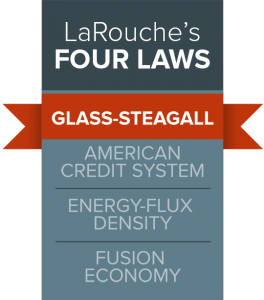 Denne seriøse politik måtte begynde med Glass-Steagall, insisterede han, for at lukke Wall Streets kasinoøkonomi ned og genindføre en kreditpolitik i nationen, efter Hamiltons principper. Dette betyder at kanalisere statslig kredit gennem en genindført Nationalbank for USA, der skal erstatte det bankerotte Federal Reserve-system (centralbanksystem), med det formål at finansiere en transformation af nationen med videnskab som drivkraft, og som er centreret omkring en genoplivning af NASA’s rumprogram, udvikling af fusionskraft og et vidtstrakt program for hård og blød infrastruktur – det, LaRouche kalder sine
Denne seriøse politik måtte begynde med Glass-Steagall, insisterede han, for at lukke Wall Streets kasinoøkonomi ned og genindføre en kreditpolitik i nationen, efter Hamiltons principper. Dette betyder at kanalisere statslig kredit gennem en genindført Nationalbank for USA, der skal erstatte det bankerotte Federal Reserve-system (centralbanksystem), med det formål at finansiere en transformation af nationen med videnskab som drivkraft, og som er centreret omkring en genoplivning af NASA’s rumprogram, udvikling af fusionskraft og et vidtstrakt program for hård og blød infrastruktur – det, LaRouche kalder sine 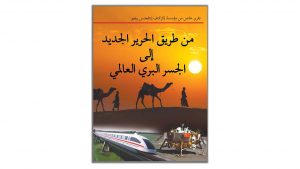 Dette projekts aspekt om »fysisk økonomi« kommer fra de koncepter for fysisk videnskab, som de er blevet forklaret af økonomen Lyndon LaRouche og beskrevet i
Dette projekts aspekt om »fysisk økonomi« kommer fra de koncepter for fysisk videnskab, som de er blevet forklaret af økonomen Lyndon LaRouche og beskrevet i 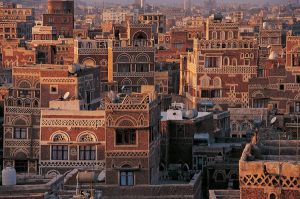 »Perleprojektet« har taget navn efter Helga Zepp-LaRouches løfte om at gøre Yemen til en smuk perle i den Nye Silkevejs perlekæde, som deltagerne fremførte i en resolution ved
»Perleprojektet« har taget navn efter Helga Zepp-LaRouches løfte om at gøre Yemen til en smuk perle i den Nye Silkevejs perlekæde, som deltagerne fremførte i en resolution ved 